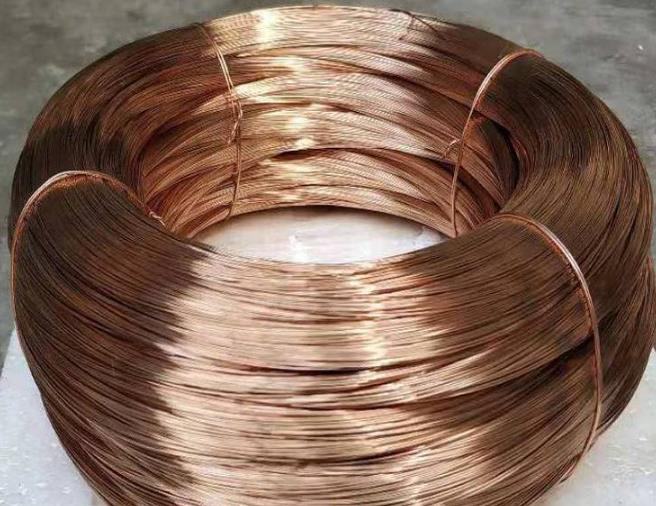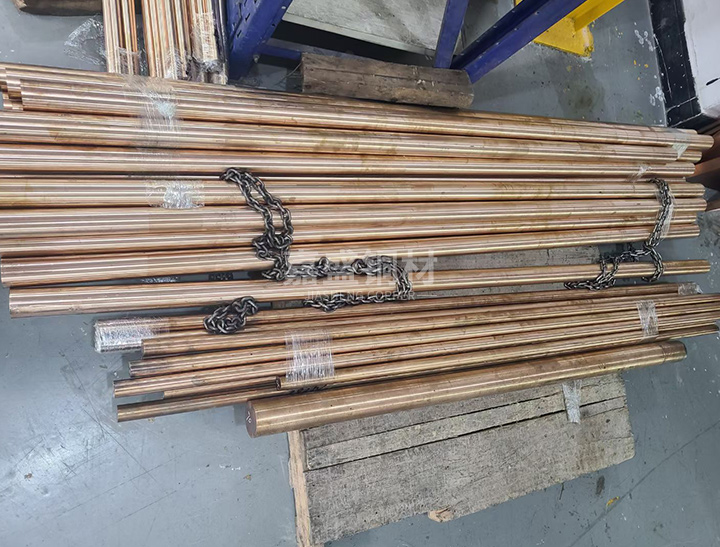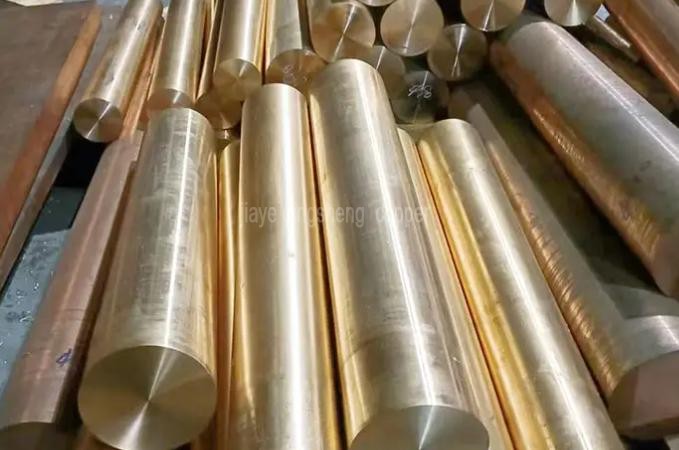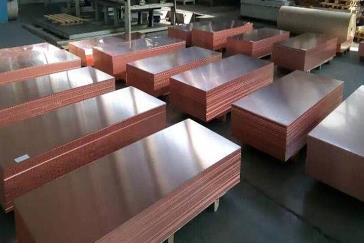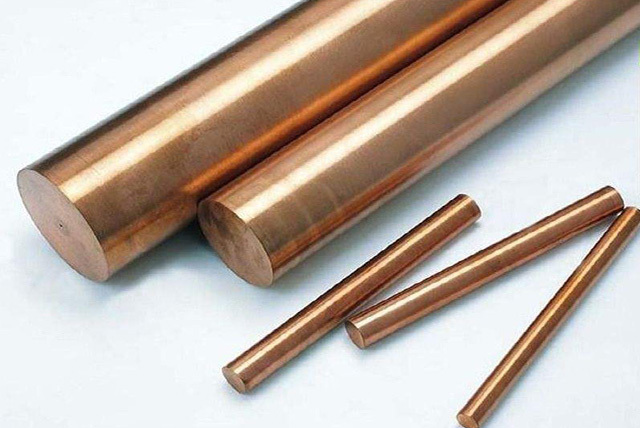Tellurium copper is an alloy composed of copper and a small amount of tellurium, typically containing 0.5% to 8% of tellurium.
Tellurium copper is mainly used in the manufacturing of electronic components, semiconductor devices, and other high-tech fields, while brass is mainly used in the production of household items such as door handles, lock heads, and faucets.
Temper:1/4 Hard, 1/2 Hard, 3/4 Hard, Hard, Soft
Surface:Mill finish, Bright, Polished, HL, Shiny
Processing service:Welding, stamping, cutting, bending, unwinding
Shape:Fat,Circle,Rod,Square Sheet,Bar,Plate
Standard:ASTM,DIN,EN,ISO,JIS
The chemical composition of tellurium copper:
Copper (Cu): The remainder
Tellurium (Te): 0.4% - 0.7%
Phosphorus (P): 0.003% - 0.012%
Total impurities: ≤ 0.1%
Role of copper: As the main component of the alloy, copper provides excellent electrical conductivity and thermal conductivity, enabling tellurium copper to have outstanding performance in electrical and heat exchange equipment.
Contribution of tellurium: The addition of tellurium significantly enhances the strength and wear resistance of tellurium copper. Especially in high-temperature environments, tellurium can enhance the stability and oxidation resistance of the material, which is crucial for aerospace and military applications.
Function of phosphorus: Although the phosphorus content is low, its presence can improve the corrosion resistance and wear resistance of the alloy. The compounds formed by phosphorus in the alloy can effectively prevent oxidation reactions, thereby increasing the service life of the material.
Physical properties
Density is approximately 8.94 g/cm³, close to pure copper; melting point is 1083°C, similar to pure copper; electrical conductivity is ≥ 85% IACS (International Annealed Copper Standard), close to pure copper and superior to most copper alloys; thermal conductivity is about 380 W/(m·K), suitable for heat dissipation scenarios; thermal expansion coefficient is 17.0×10⁻⁶/°C (20°C - 300°C), compatible with most metals.
Mechanical properties
Soft state (annealed) tensile strength is approximately 220 - 250 MPa, hard state (cold processing) can reach 350 - 400 MPa; soft state yield strength is approximately 70 - 100 MPa, hard state increased to 300 - 330 MPa; soft state elongation is ≥ 30%, hard state reduced to 10% - 15%; soft state Brinell hardness (HB) is about 45 - 60, hard state can reach HB80 - 100. Its machinability is 80% - 90% of pure copper, allowing for high-speed processing with high surface finish. Characteristics
Tellurium copper has high electrical and thermal conductivity, suitable for scenarios requiring efficient energy transmission; after adding tellurium, the chips are easier to break, reducing the phenomenon of processing stickiness, having good machinability, and can improve production efficiency; its oxidation resistance is comparable to that of pure copper, performing stably in dry environments or weak corrosive media, and having corrosion resistance; the surface after processing is smooth, suitable for subsequent treatments such as electroplating and polishing, with good surface quality.
Application fields
Electronics and Electrical Appliances: Due to its excellent electrical conductivity and corrosion resistance, the C14500 tellurium copper alloy is widely used in the manufacturing of electronic and electrical components, such as radio frequency circuits, connectors, and contactors.
Provides a wide range of high performance services across multiple industries and technologies
-
FAQ’s
For quick answers to our customers FAQ’s. -
Quotations
Get the latest and most favorable quotations -
Other informations
Product specifications, catalogues, tests, samples, performance, etc

